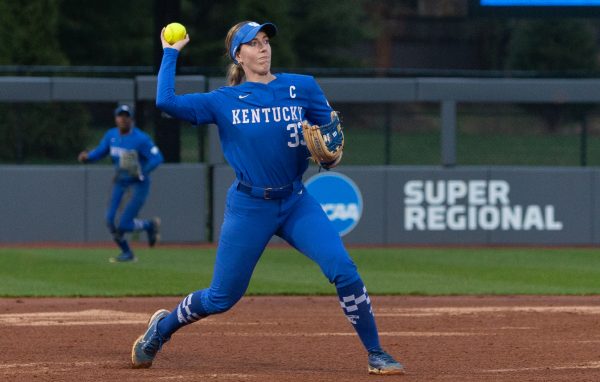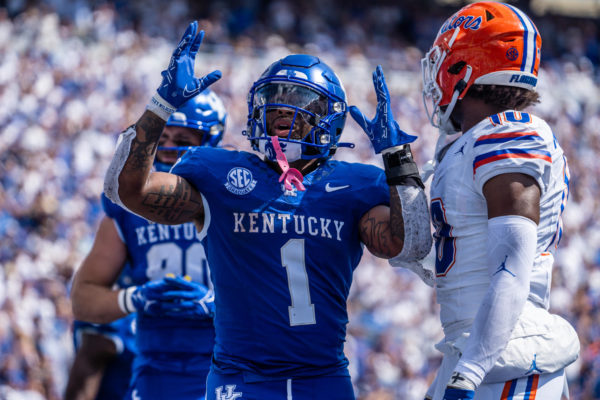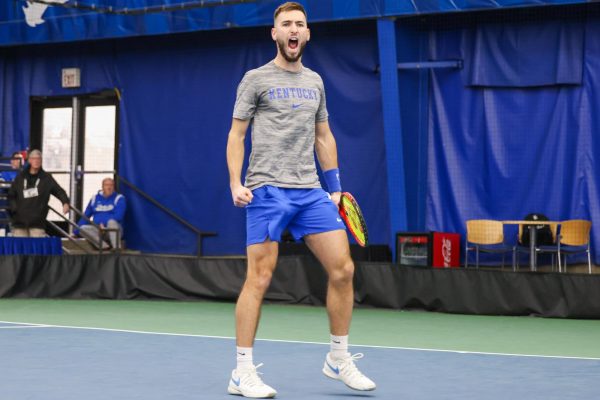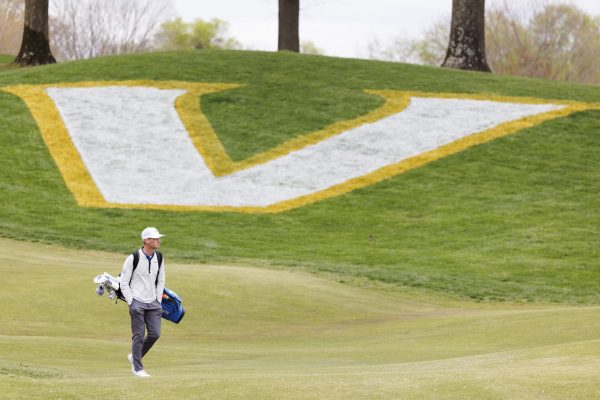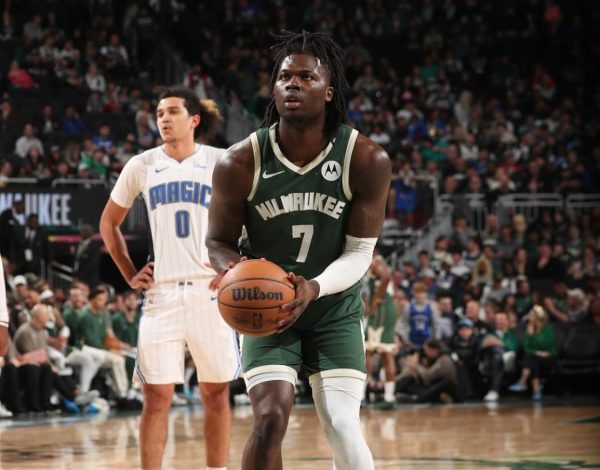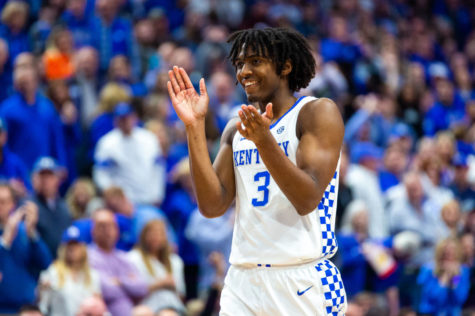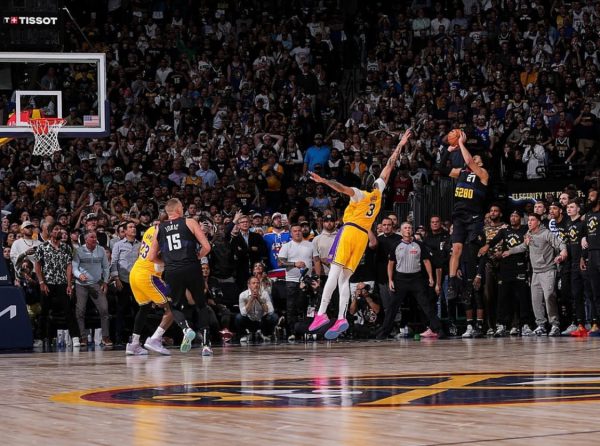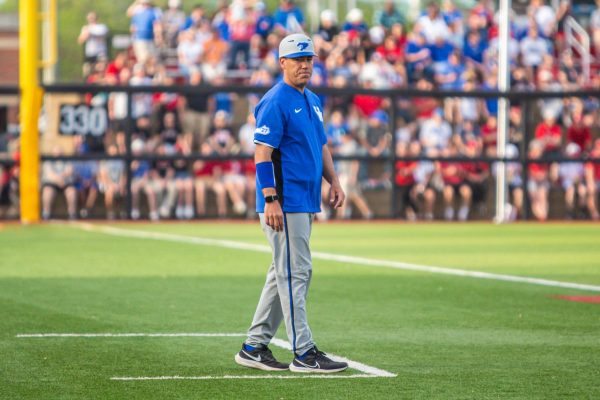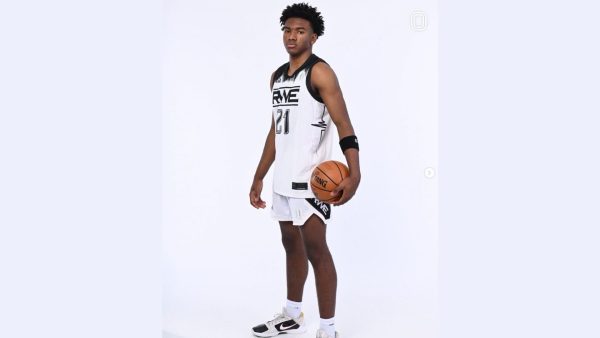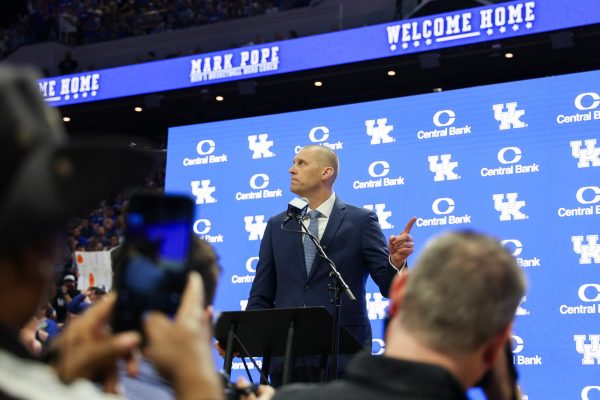Student refs try to balance friends and fouls
February 15, 2008
By Bryan Kennedy
You have them in every sport. Whether they’re throwing flags on the gridiron, eyeing balls in the strike zone or blowing whistles on the court, referees can be found in every sport. Usually right along with referees are the fans and players that hassle them.
The referees that preside over the intramural basketball games played at the Seaton Center are not exempt from the jeers of the crowd or the gripes from the players.
Like the professional referees who are seen officiating sporting events on television, the men and women in stripes at the Seaton Center face challenges. They still have to manage the game while refraining from being biased. It’s not always easy for these student refs, especially when a familiar face is on the court with them.
They occasionally have to call games of fellow classmates. Such a scenario can present an awkward situation on the court. It’s where friends that could take courses together face-off as refs and players, sometimes with hostility.
“I’ve had friends get mad at me for certain calls before,†said Michael Hallin, a political science senior. “Some of the comments people make are harsh, but most are made in the heat of the moment.â€
“It’s hard to avoid refereeing games with your friends in them,†Hallin said.
Because there are more players then referees in the intramurals league, some refs can avoid sharing the court with a friend sometimes. Hallin said most of the time the referees are calling games with total strangers. The intramural program would like to have around 60 officials for the season, but they usually end up with around 45-50 referees each year, said Charlie Burke, director of UK Intramurals.
Referees go through a four to five day training period, two of which are in the classroom and two on the court. Usually one of those on-court days features the referees officiating a scrimmage.
With 24 referees calling games each night, and most being new this year, complaints are common. Some believe there is favoritism shown on the court.
“At times some of their calls can seem biased,†said Geoffrey Griggs a member of the Major Moves basketball team and an agriculture communications and community leadership development sophomore. “Overall they’re pretty average — you can tell they might make calls to help out friends.â€
The issues of being biased are addressed during the training period for the referees. Burke has noticed at least one thing in common for most of the players who challenge the integrity of the referees in the league.
“There are always complaints, but most are unfounded,†Burke said. “Most of the time the complaints come from the losing team.â€
The intramural league is divided into three divisions; A-League is the most competitive, made of more experienced players, the B-League, and the Fraternity League, which is open to Greek members.
Refereeing the Division-A League games sometimes can come with many complaints, Burke said, but usually the most experienced referees are chosen for these games.
A.J. Pratt, a fifth-year landscaping senior, said while refereeing can be hard to deal with certain people, but they learn to stay calm like most referees in any sport.
And although under scrutiny, the referees still have fun.
“Refereeing the games gets fun when there are huge crowds,†Pratt said. “Around the playoffs games, more people come out, and other than the heckling, the games are really fun.â€












































































































































